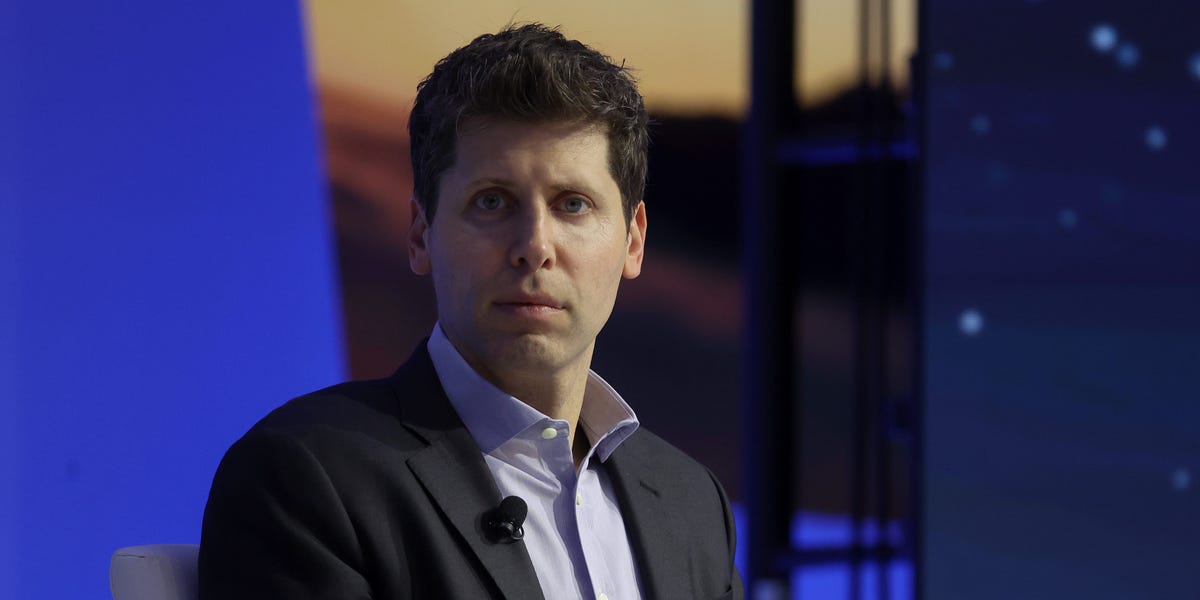People both within the organization and among the broader technology community drew parallels between Sam Altman’s removal from OpenAI on November 17 and a revolution in the ensuing days.
Initially, following his dismissal, reports surfaced indicating Altman’s popularity within OpenAI and highlighting the board’s sudden decision, which seemed to prioritize ideology over the interests of stakeholders and employees.
However, recent revelations shed new light on the board’s choice to terminate Altman, a decision that was later reversed through a detour.
These disclosures suggest that Altman may have been operating as a skilled commercial manipulator, using deceptive tactics to safeguard his own image while alienating multiple individuals within the company.
Toner vs. Altman
When OpenAI’s board first announced Altman’s departure on November 17, the sole explanation provided was his lack of transparency in dealings with the board.
Subsequent reports hint at instances where Altman pitted board members against each other, especially those who opposed his aggressive approach to implementing AI systems. Given the potential risks associated with AI, disagreements arose within OpenAI regarding the cautiousness required in advancing such technologies.
For example, board member Helen Toner and Altman did not always see eye to eye.
In an October report, Toner, a scholar from Georgetown University’s Think Tank, criticized the rushed release of ChatGPT while commending OpenAI rival Anthropic for delaying the launch of its chatbot, Claude.
Reports suggest that Altman contacted Toner regarding the report, cautioning about possible issues with the Federal Trade Commission’s ongoing scrutiny of OpenAI.
Despite Toner’s offer to address the board regarding the matter, Altman circumvented her and directly informed the company’s executives of his reprimand, expressing a divergence in their perspectives.
Allegedly, Altman sowed discord between Toner and another board member, Tasha McCauley, by misrepresenting McCauley’s stance on Toner’s position within the board.
Sutskever vs. Altman
Ilya Sutskever, Altman’s chief scientist and former OpenAI board member, also experienced friction with Altman, primarily stemming from intellectual disagreements.
Sutskever, recognized as an AI visionary within OpenAI, approached AI development from an academic standpoint, contrasting Altman’s more expedited approach that raised concerns among engineers.
Tensions escalated when Altman promoted a scientist to a level equivalent to Sutskever’s, leading Sutskever to contemplate resignation as a stance against what he perceived as a challenge to his authority within the organization.
Altman vs. Others
Certain members of the six-person board harbored suspicions about Altman’s integrity and management style, particularly his rapid decision-making approach, which clashed with the backgrounds of some board members rooted in academia or nonprofits.
Allegations surfaced suggesting that Altman may have misled the board and manipulated situations to his advantage, prompting discussions about his removal.
Altman’s swift reinstatement as CEO, despite internal dissent and complaints from senior executives, raised concerns about his leadership style and potential impact on the organization’s dynamics.
While Altman acknowledged past misunderstandings with the board, he emphasized the importance of prioritizing the company’s interests moving forward.
Altman’s reinstatement, accompanied by expressions of support from some quarters and reservations from others, underscored the complexities surrounding his leadership at OpenAI.






